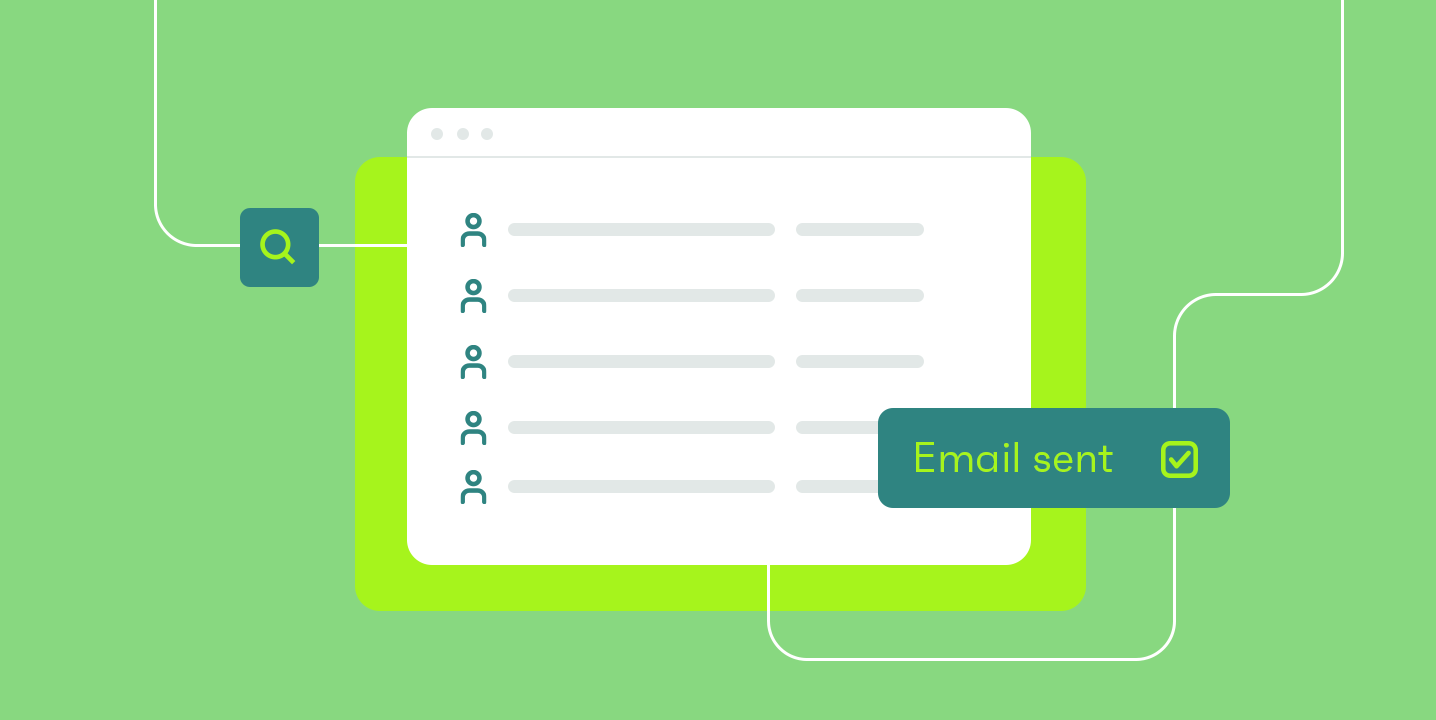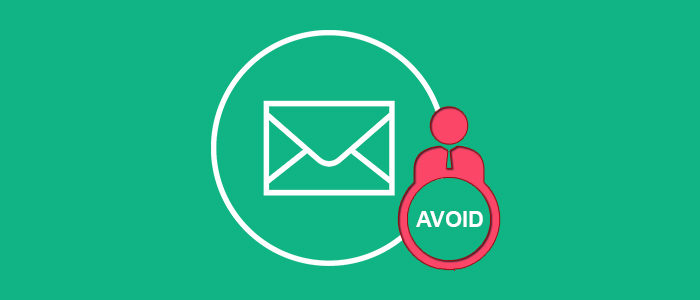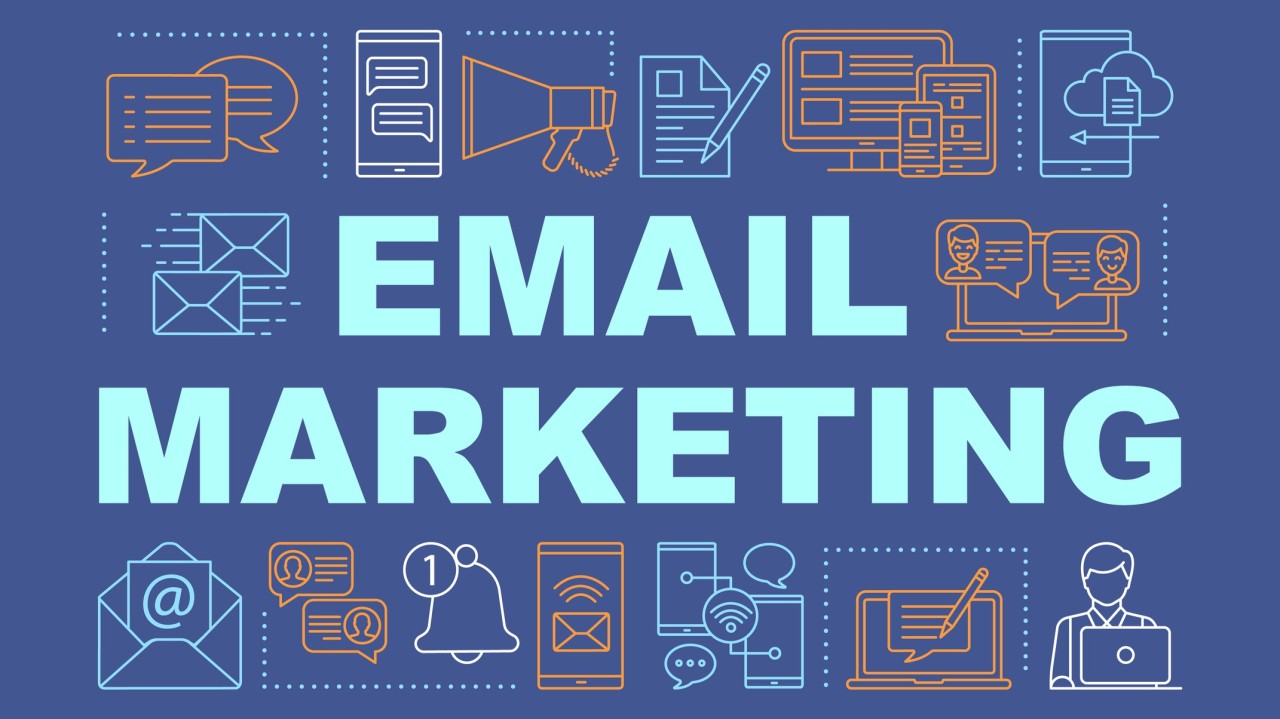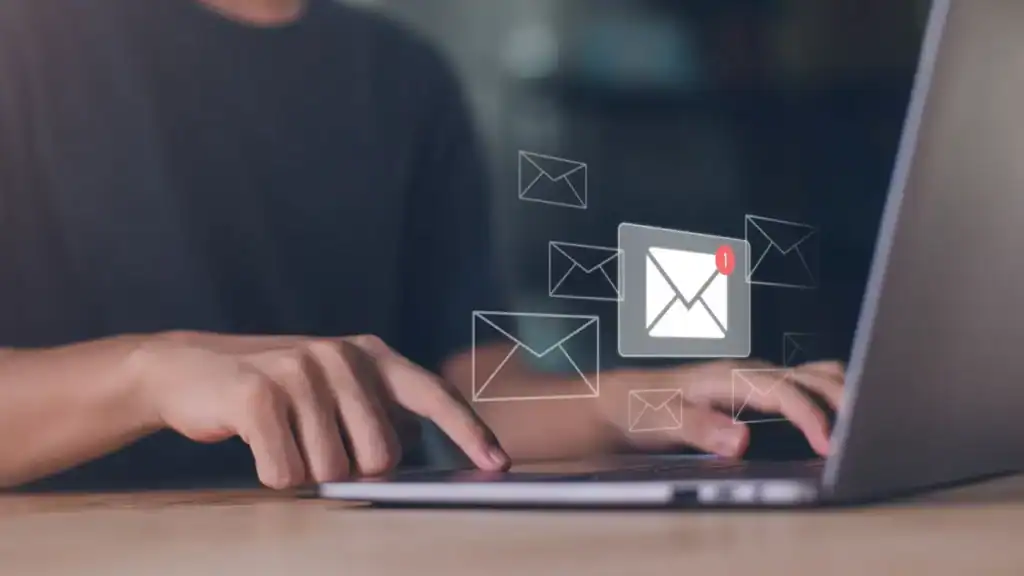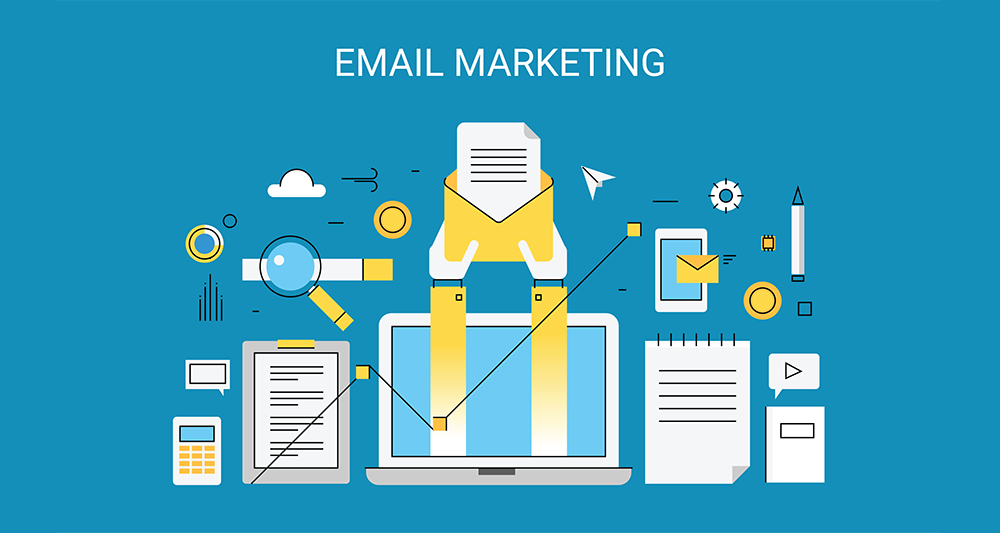Personalization can boost email performance, but too much can feel invasive. Striking the right balance between relevance and privacy is key. Here’s how to personalize your email messages without going too far.
Know Your Audience
Effective personalization starts with segmentation. Group your email list by demographics, interests, behavior, or purchase history. Use data from your CRM or email platform to craft tailored content that matches each audience segment. Personalization should reflect the recipient’s goals, culture, and preferences—what resonates with Gen Z might not work for baby boomers.
Use Dynamic Content
Dynamic content lets you adapt email elements based on user data. Change images, text, or CTAs depending on a user’s location, past behavior, or preferences. This creates more relevant experiences without needing multiple email versions. Just be mindful of overloading your emails, which can affect deliverability.
Add a Personal Touch
Personalization goes beyond using someone’s name. Keep messages conversational, relevant, and timely. Reference past interactions, acknowledge user milestones, or sign off with a real name. Be relatable and human, but avoid making assumptions or including unnecessary personal details that may make users uncomfortable.
Test and Optimize
Test different levels of personalization using A/B testing. Monitor open rates, click-throughs, conversions, and unsubscribes. Experiment with subject lines, layout, CTAs, and dynamic elements. Regular testing helps refine your personalization efforts and avoid alienating subscribers.
Other Considerations
Only collect data you truly need. Focus on intent-based personalization—what users click on, browse, or ignore reveals more than static demographic data. Respect boundaries and privacy. A simple message with a well-timed offer can be more effective than one packed with irrelevant details. Always aim to build trust and long-term engagement.
